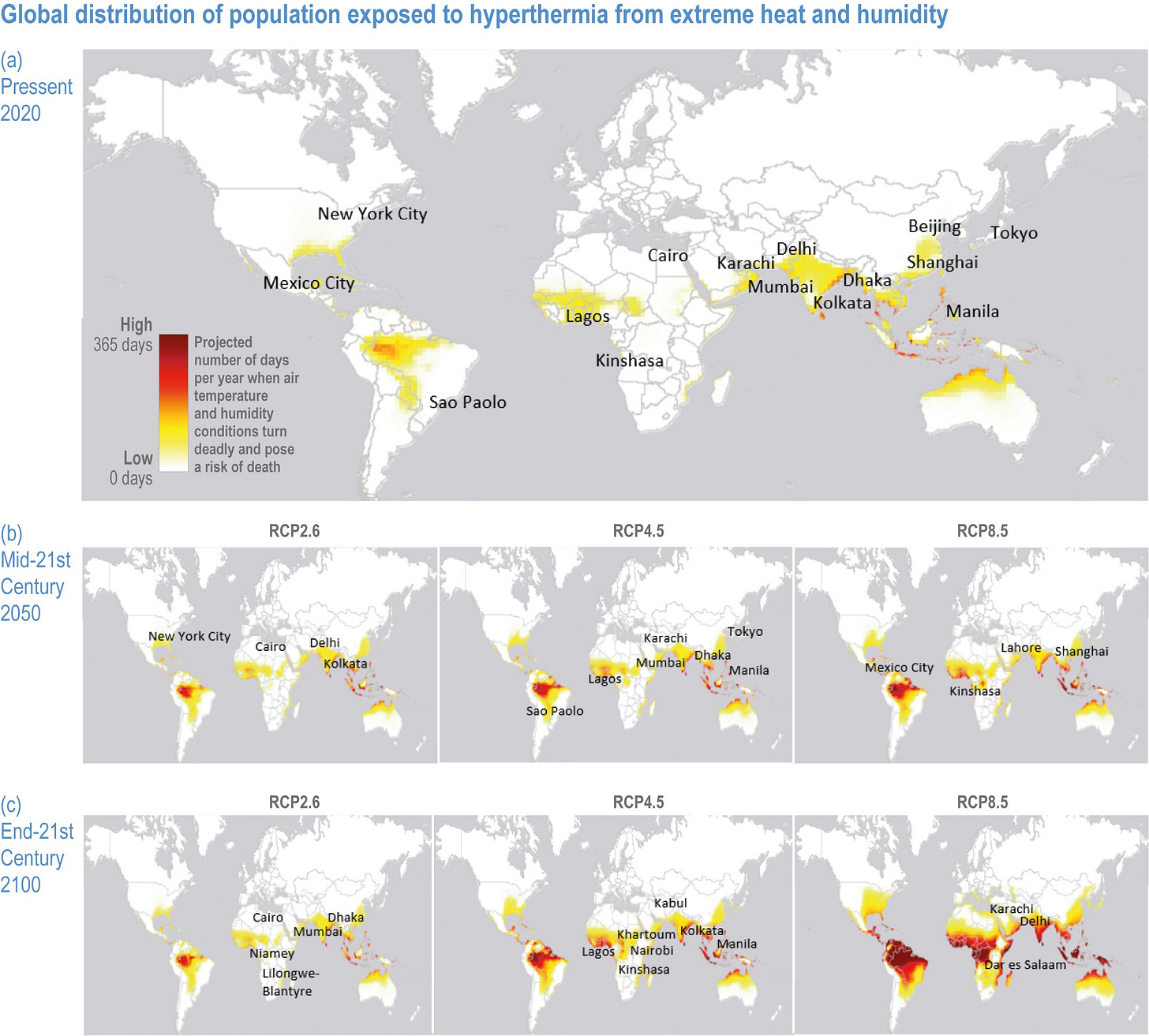Will Population Collapse?
Is that a good thing?
I don’t think that is going to be enough $ Elon.
There are currently about 8.2 billion people on the planet.
A 2019 report from the United Nations predicted that the population of Earth would be about 10.9 billion by the end of the century. The report predicted population growth would slow down, but not decline by the end of the century. A report by The Lancet just a year later challenged these findings, predicting that the global population will peak at about 9.7 billion by 2064 and decline to about 8.8 billion by the end of the century.
Not everyone agrees that the population will slowly continue to grow. Nicholas Eberstadt, a fellow at the American Enterprise Institute, is a political economist and a well-known student of demographics. In a recent speech, Eberstadt told us to get ready for the first population decline since the Black Death of the 1300s. Eberstadt notes that the fertility rates in most rich countries have gone well below the replacement rate of 2.1. Eberstadt doesn’t think that this will be due to environmental degradation or the impacts of climate change, but merely to the fact that when countries get rich and more educated, they choose to have fewer children.
Eberstadt notes that the consequences of this population decline will have profound impacts on society. In many developed countries, labor forces will shrink, and the old will far outweigh the young, putting strains on healthcare systems and social security systems that will have to be revamped or recreated to deal with a whole new demographic reality.
By 2050 about 5/8 of the world population will live in “net mortality” zones, or places where deaths outnumber births. He is simply saying that 5/8 of the world will have declining populations, and the only way to stave that off will be net immigration. The walls will come down.
On a positive note, the housing crises we see in many countries today will be solved. Prices will come down as an oversupply of housing will mean that younger people will have an easier time finding housing. That is unless we tear down houses to ensure an artificial scarcity.
But what if you factor in overshoot?
Eberstadt doesn’t seem to think that environmental degradation from climate change and overshoot will have much impact on the global population. He’s not alone in that respect. Much of the research I’ve seen in this area tends to ignore future environmental factors or discount them severely.
They don’t seem to take into account this:
If you do want to talk to someone who thinks that climate change and overshoot will have a severe impact on the global population, you can talk to Chris Bystroff, biochemist, and professor at Rensselaer Polytechnic Institute. He is the author of the paper, Footprints to Singularity: A Global Population Model Explains Late 20th Century Slow-down and predicts peak population within ten years. (2021).
In his research, Bystroff does what most demographers don’t, he considers the Earth’s carrying capacity as an upper limit in his models. He considers the sensitivity of the carrying capacity of the earth to ecosystem loss. Historically, population was linked much more to fertility rates to mortality rates, because there were more births than deaths. Bystroff sees that changing, particularly for countries around the equator – the red zones above – who will abandon their homes in large numbers to seek more hospitable climates.
Bystroff’s model predicted that the results of the 2020 census would be in the range of 7.2 to 7.6 billion instead of the projected 7.8 billion. (His paper came out in 2021. I went back and checked and the world population on Jan 1, 2020, was about 7.6 billion). The model predicts that the population will peak or will have peaked, with the peak in the range 2018 to 2023 (80% confidence) and will decline to between 2.1 and 6.6 billion by 2060.
That is admittedly a wide range, but I haven’t seen any demographics experts anywhere near 6.6 by 2060. But they tend not to factor in environmental reality.
Maybe they should.
And save up for that mansion down the street you’ve had your eyes on – if you are one of the lucky ones that live. You can get it for a song in about 20 – 30 years.
Kids are too damn expensive.
Although environmental factors such as plastics, chemicals, and pesticides in the environment get some of the blame, fertility rates are down everywhere. Eberstadt and Bystroff are in agreement that one of the main reasons is cost.
Having children is expensive, and in most of the world, the bottom 90% on the wealth scale haven’t seen the explosion in wealth of the top 10%. They are rational, with many having decided that they can’t afford kids, or that they can only afford one or two kids.
If only there was a wealthy and famous public figure to tell us what to do.
Don’t worry, Elon Musk has the answer.
Sometimes, the Substack gods smile on you. While I was writing this article less than 24 hours ago, a headline appeared on my newsfeed telling me that Elon Musk was telling all of us that we just need to breed and not worry about the money part of that decision. There is nothing quite as sweet as a billionaire telling the masses not to worry about making the most expensive decisions of their life, because “who cares about money, right?” Here is the quote:
ELON MUSK: “My advice regarding starting a family is start immediately… people worry too much about having kids.. it's difficult to make ends meet & whatnot.. but there's really no time like the present. Just have kids, you won't be sorry. It'll work out.”
Elon is so wise.
I did some rudimentary math. There are about 84 million families in America. Elon is worth about 241 billion. We will let Elon keep 1 billion for walking around money, and he can help “work out” the rest by giving each American family some money. 240 billion/84 million is $2,857.14 per household.
Elon doesn’t have the money to help those families, and they aren’t going to listen to him when he tells them what to do with their bodies and their wallets.
I think Bystroff is probably right and we will have between 2.1 and 6.6 billion on this rock by 2060.
Let me know your guess. Whoever is closest on January 1, 2060, gets 100 trillion (Zimbabwean) dollars.
I’m good for it.





While the earth’s lungs are being incinerated in the Amazon, at least we know that we will have plenty of palm oil.
Also not mentioned, deaths from pandemics.